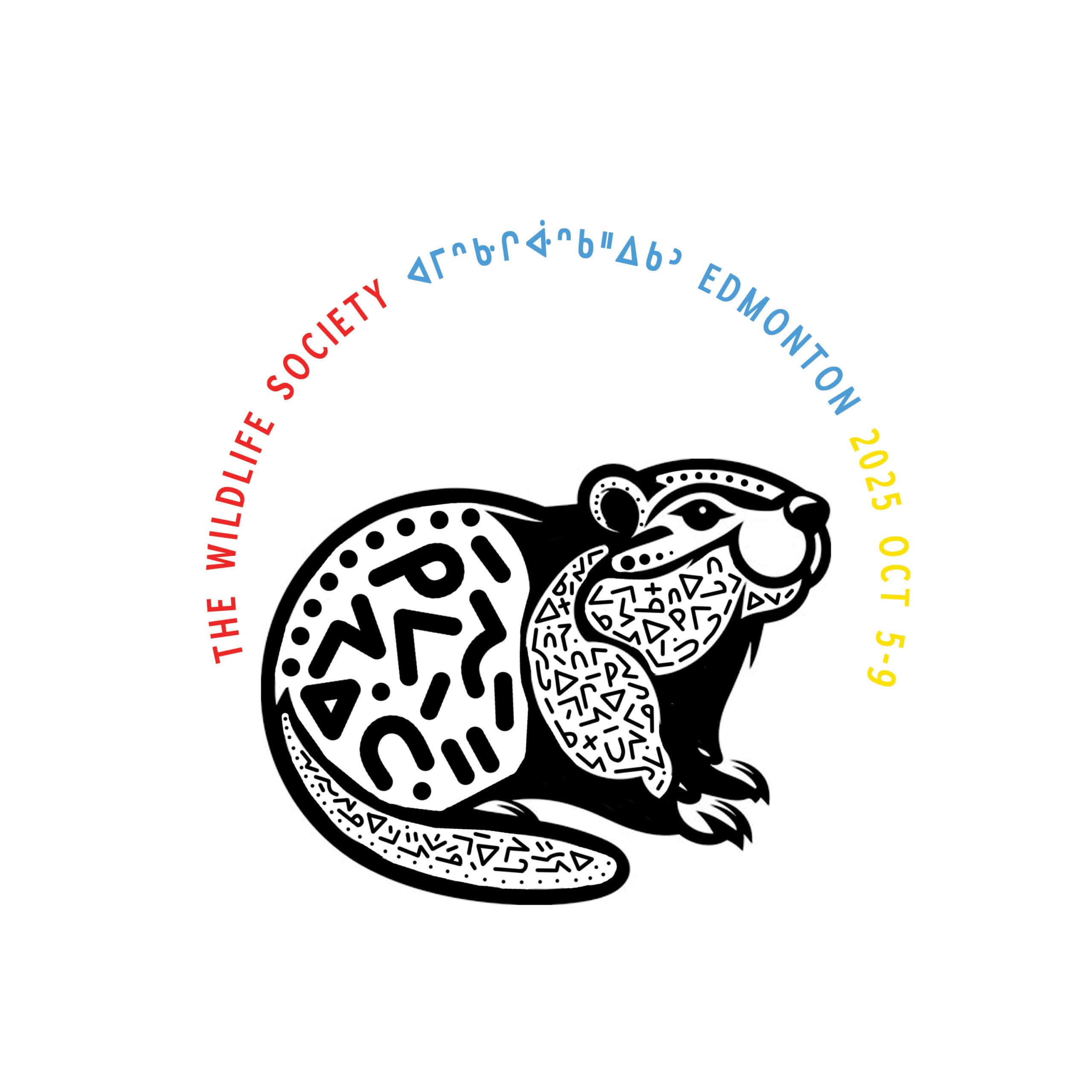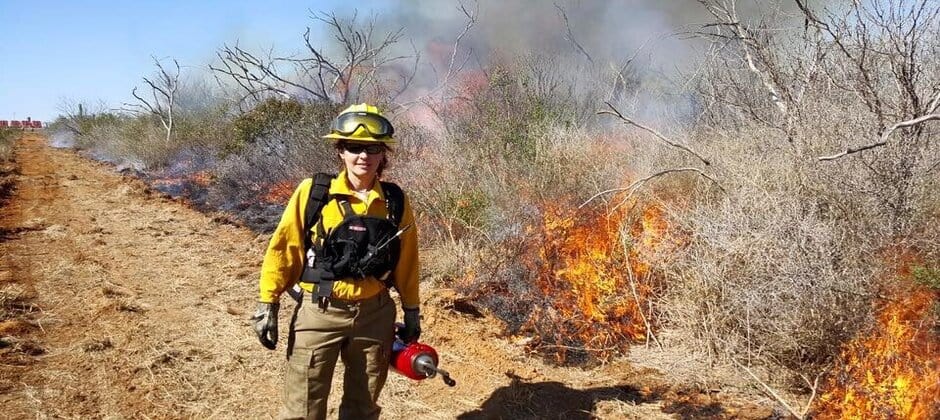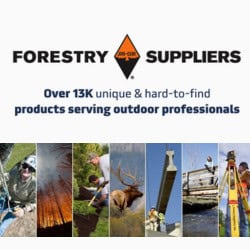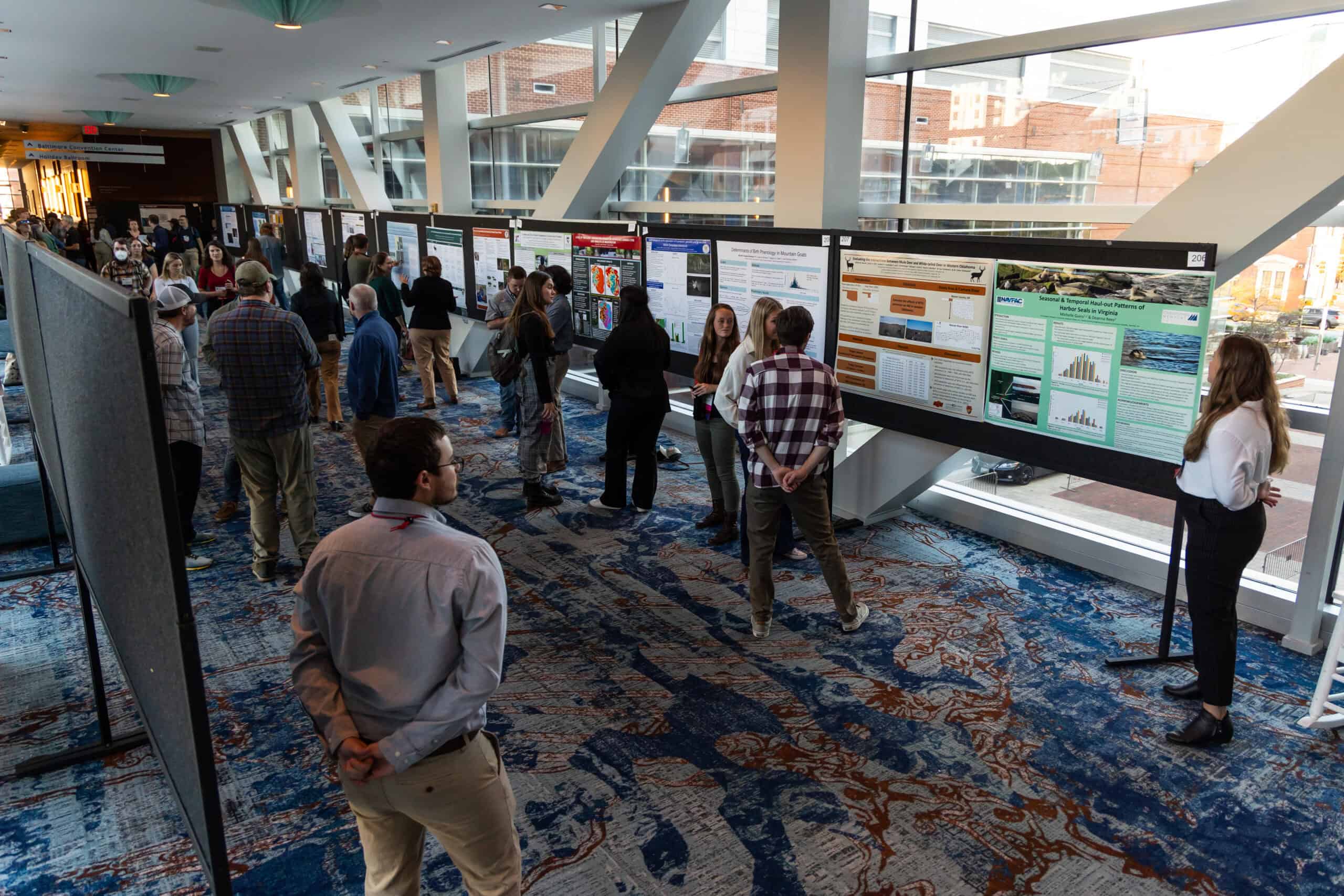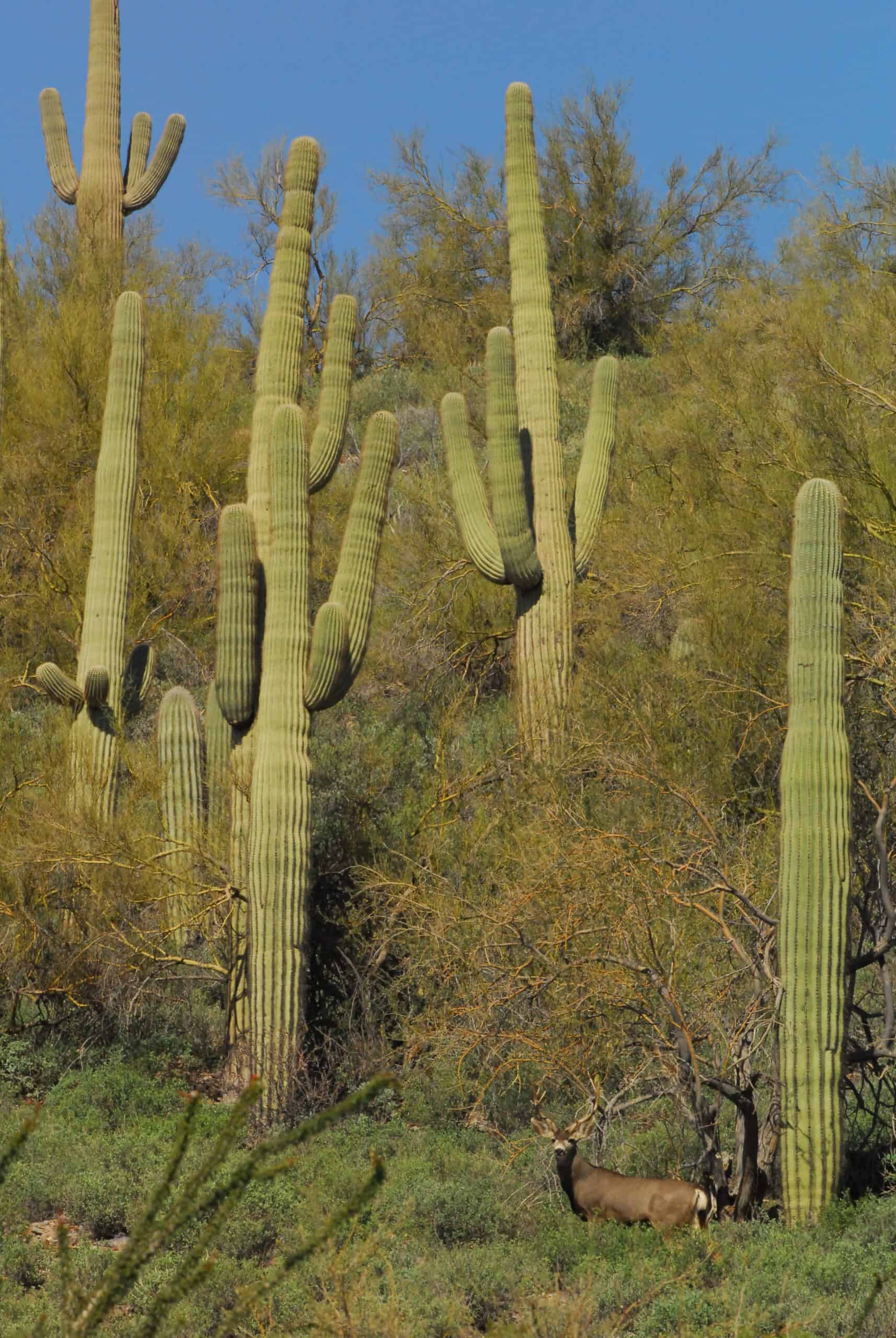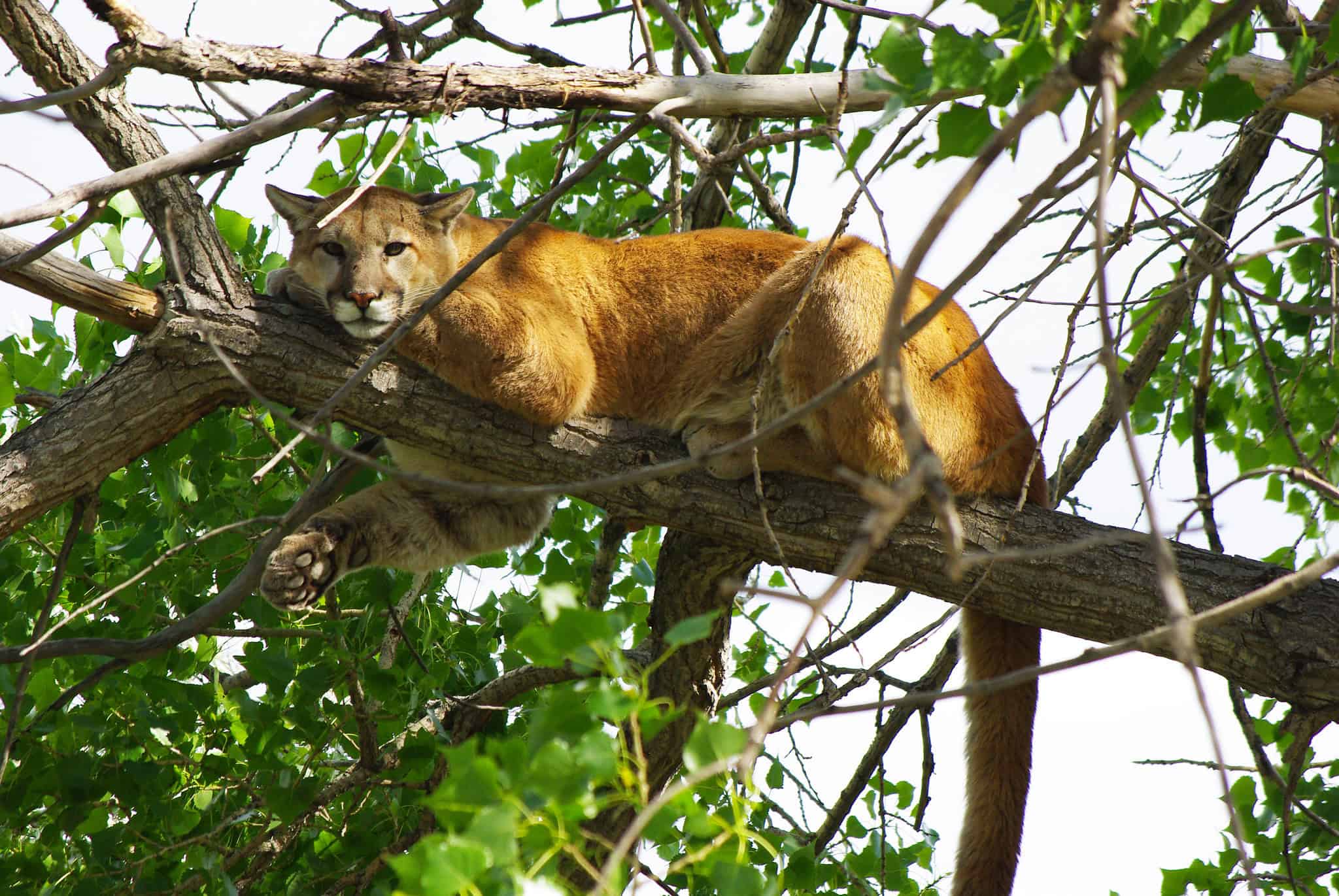Share this article
Wildlife Vocalizations: Jamie Killian
Wildlife Vocalizations is a collection of short personal perspectives from people in the field of wildlife sciences.
Imposter syndrome can be defined as a collection of feelings of inadequacy that persist despite success. Someone experiencing imposter syndrome has an all-encompassing fear of being found out to not have what it takes (American Psychology Association). If I could tell my 18-year-old self anything, I would say “be confident.” As a young professional, I had trouble believing that I was worthy, and I felt very alone in my feelings of inadequacy. I suffered in silence and refused to ask for help, pinning myself to a hell of a steep learning curve.
It was easy to feel inadequate when I consistently felt the need to prove myself to my male colleagues. Can you feel the eyes on you when you put that truck and trailer in reverse? It was difficult to ask for help when I had no female role models who may have shared similar experiences. After several years, I finally realized that many of my colleagues also suffered from imposter syndrome regardless of their gender. Over time, I found mentors and champions, both male and female.
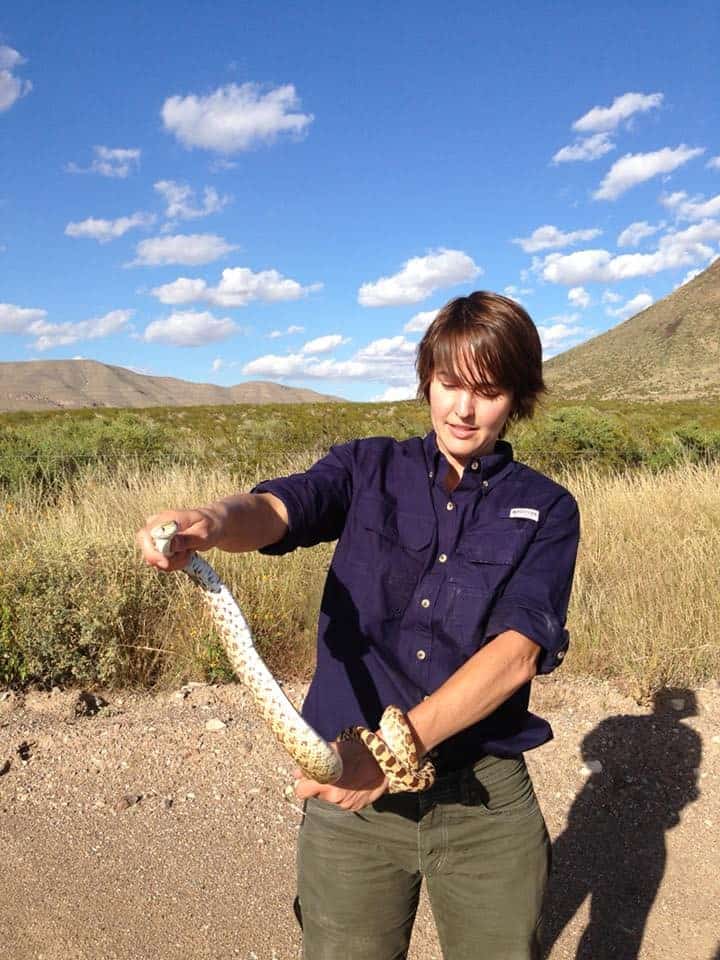
The opportunistic find of a gopher snake at a landowner workshop in west Texas.
Credit: Misty Sumner
My mentors taught me so much. Learning that even the most respected professionals don’t know all the answers really changed my perspective. In fact, it takes a certain level of intelligence to realize how much you don’t know. I also came to realize that many of my male colleagues did not have the mechanical, carpentry or hunting skills that I assumed that they had simply because they were men. That’s not to say that they were not qualified; my point is that we were all qualified. Once I realized this, I had the courage to ask questions and volunteer for things that I had no prior experience doing. We only know what we are taught, and I believe that each person brings something different and valuable to the table.
It certainly took time (years) to come to these realizations, even longer still to put them into practice. At times, I still struggle with feelings of inadequacy. However, the biggest shift in my mindset occurred when a summer intern started asking me for advice. I could tell that she was nervous, and I realized that she was nervous because of me. I had become the more experienced person. In that moment, I finally grasped that all the people who I looked up to and aspired to follow had started out as young professionals. When I was younger, I allowed my own fear to prevent me from asking questions when my mentors were more than happy to help me. Instead of viewing my mentors and other professionals as superiors, I began to see them as people. Most importantly, people who want to see me succeed. Just like my mentors guided me, I try to be an example and a resource for young professionals so that they do not have to suffer alone. So, to 18-year-old me and to you, you ARE adequate. You are capable. You are competent.
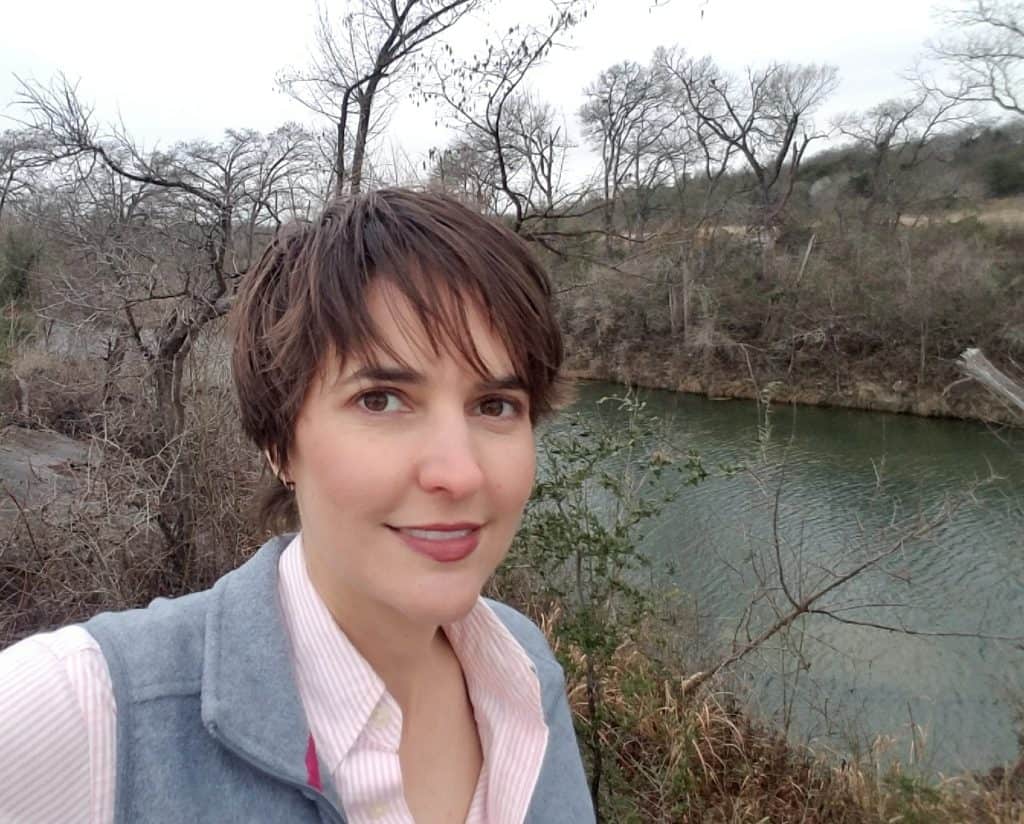
A photo of Jamie Killian. Credit: Jamie Killian
Learn more about Wildlife Vocalizations, and read other contributions.
Submit your story for Wildlife Vocalizations or share the submission form with your peers and colleagues to encourage them to share their story.
For questions, please contact Jamila Blake.
Header Image:
Carrying a drip torch on ignitions at Chaparral Wildlife Management Area prescribed fire in south Texas.
Credit: John Hayes


